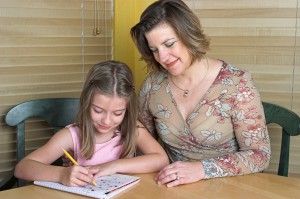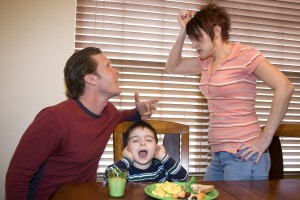Receive your FREE Parenting Advice through this blog. Simply ask Bob Lancer your question and receive his Lancer’s Answer in this blog.
Teaching children about the healing powers of forgiveness is an important aspect of child development.
But it is also quite challenging. Without realizing it, parents teach their children about withholding forgiveness when they carry and convey a resentful attitude toward them.
The Child Development Process
Is Not Always Positive.
Through our own, sometimes unconscious, patterns, we may develop negative traits and tendencies in our children.
The fact is that you cannot really improve your child’s behavior before you truly forgive your child for the misbehavior that you want to change.
Forgiveness Is The Basis For Supporting
Positive Child Development.
Holding onto resentment holds onto a form of toxic, unhealthy stress at a deep level, which compromises healthy organic functioning to some degree. High blood pressure, migraine headaches and even heart problems can be linked to anger patterns.
As we learn how to dissolve our resentments, we also dissolve the barriers to optimum health that they induce.
Modeling Represents The Most Potent Way Of Influencing
Child Development And Child Behavior.
Parents automatically instill an unhealthy pattern in their children by holding onto resentment.
Forgiveness is our natural, healthy and healing state. You don’t have to create forgiveness. You simply need to unblock it by releasing yourself from resentment.
As long as you feel resentment toward your child, your child lacks real trust in you, and then the child’s insecure emotional condition develops into problematic behavior.
As You Release Yourself From Resentment, You Release Positive
Child Development Through Healthy Modeling And Love.
When the child senses that your heart is clear, open and loving, a harmonizing influence enters and spreads throughout the child’s nervous system, promoting optimum organic health and healing.
Here is how to dissolve resentment for the sake of positive child development:
1.     Notice what you are thinking about when you feel resentment.
2.     The instant you notice the thought that keeps you feeling resentful, let that thought go by focusing your attention elsewhere
Releasing the healing powers of forgiveness for positive child development is a simple matter of releasing yourself from the resentful thinking that blocks love’s flow.
Receive your FREE Parenting Advice through this blog. Simply ask Bob Lancer your question and receive his Lancer’s Answer in this blog.





 button.
button. 





























